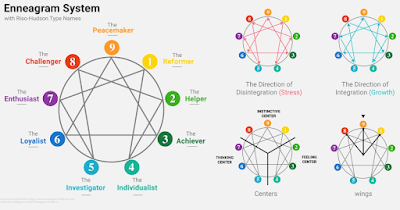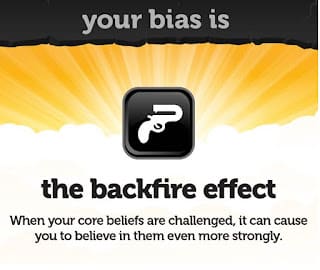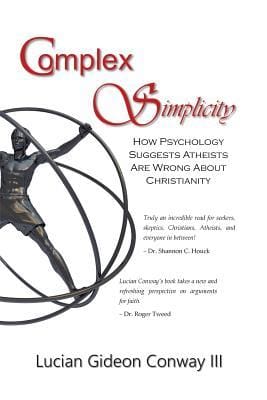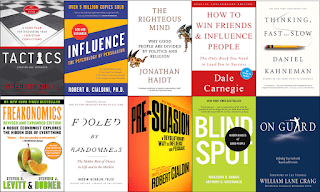
by Jay Medenwaldt | Nov 16, 2021 | Christian Living, Psychological Apologetics, Psychology, Science, Theology
This article is the paper I read at the Evangelical Theological Society annual conference in 2021. It’s pretty long but is organized with lots of headings. If you want shorter content, here’s an article I wrote on the accuracy of the enneagram and another...

by Jay Medenwaldt | Oct 29, 2021 | Evangelism, Persuasion, Psychological Apologetics, Science
Have you ever had a religious or political discussion with someone where you stated your disagreement in a carefully worded, factual, and well-reasoned response? How did it go? I’m guessing the other person didn’t say, “Oh, you’re right! Thank...

by Jay Medenwaldt | Oct 18, 2021 | Book Review
Complex Simplicity: How Psychology Suggests Atheists Are Wrong about Christianity by Lucian Gideon Conway IIIMy rating: 5 of 5 stars This book was a wonderful breath of fresh air in its genre. I’ve been reading and listening to apologetics materials for a...

by Jay Medenwaldt | Sep 14, 2021 | Apologetics, Book Review, Psychological Apologetics, Science, Theology
I’ve been explicitly focusing on psychological apologetics for a few years now, but it just dawned on me that I’ve never clearly defined it, at least not in writing. While I’m not strictly the only person doing psychological apologetics, I am doing...

by Jay Medenwaldt | Sep 14, 2021 | Apologetics, Evangelism, Gender, Persuasion, Psychological Apologetics, Psychology, Science, Sex, Sexuality, Theology
Psychological apologetics is a unique field that focuses on using and applying psychological sciences (which really includes all social and cognitive sciences) for apologetics. Very few people do work that could be considered psychological apologetics, especially if...






